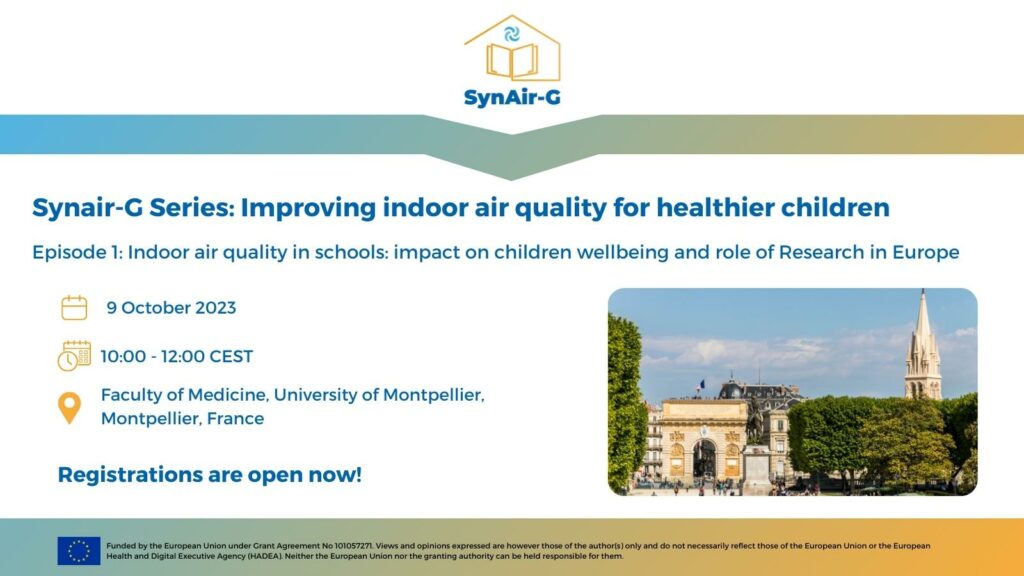Image 1: IDEAL Cluster project representatives at IDEAL Cluster Annual General Meeting 2024 (Espoo, Finland)
After a year and a half from the previous in-person meeting of the IDEAL Cluster in Athens, the members of the IDEAL Cluster met again in Espoo (Finland) for the annual general meeting. The event took place on the 15th and 16th of May 2024 at Aalto University, hosted by InChildHealth project and which is currently coordinating the IDEAL Cluster Initiative.
The IDEAL (Indoor Air Pollution and Health) Cluster is a task force promoted by the European Commission to optimise synergies, avoid overlaps and increase the impact of the projects selected for funding under the call HORIZON-HLTH-2021-ENVHLTH-02-02. SynAir-G is part of the Cluster, together with InChildHealth, K-HealthinAir, LEARN, TwinAir, INQUIRE and EDIAQI, and they collaborate with the creation of 7 working groups focused on topics of common interest.
The meeting counted the participation of approximately 20 people in person and 70 connected online during the two days of the event, including Rita Araújo, Policy Officer at the European Commission and in charge of supervising the IDEAL Cluster.
IDEAL Cluster Projects updates
The first day began with the presentations of the progress, highlights and learnings of the seven projects by their project coordinators:
- Heidi Salonen (InChildHealth),
- Pernilla Bohlin Nizzetto (INQUIRE),
- Ernesto Alfaro-Moreno (LEARN),
- José Fermoso Domínguez (K-HealthinAir),
- Nikolaos Papadopoulos (SynAir-G, National and Kapodistrian University of Athens),
- Stylianos Karatzas (TwinAir),
- Mario Lovrič (EDIAQI).
In general, all projects have achieved significant progress in the past 18 months, and they look forward to sharing new results in the future.
The presentations were later followed by greetings from Rita Araújo and the European Commission Officers who were connected online.
Image 2: IDEAL Cluster Project Coordinators (from left to right: Pernilla Bohlin Nizzetto (INQUIRE), José Fermoso Domínguez (K-HEALTHinAIR), Heidi Salonen (InChildHealth), Ernesto Alfaro-Moreno (LEARN), Rita Araújo (European Commission), Nikolaos Papadopoulos (SynAir-G), Mario Lovrić (EDIAQI), and Stylianos Karatzas (TwinAIR))
IDEAL Cluster Working Groups updates
Throughout the two days of the meeting, participants shared updates on the activities, achievements as well as challenges of the 7 projects, together with the joint work implemented in the IDEAL Cluster Working Groups.
From SynAir-G, Valeria Ramiconi (EFA) presented as a co-leader of Working Group 1 on Science translation for policy and practice, Stefan Kelnberger (DIN) for Working Group 4 on Guidelines, and Tuomas Jartti (University of Turku) for Working Group 6 on Health Outcomes. Similarly to projects, the working groups are also moving forward with their activities and deliverables.
If you wish to learn more about the IDEAL Cluster and its activities, visit: synairg.eu/ideal-cluster or idealcluster.eu.
Sharing useful learnings within the Cluster
Together with providing space to catch up on the projects and working groups activities, the annual meeting was also the occasion to discuss common strategies to close the gaps in understanding the impact on our health and well-being of indoor air quality, as well as identify common challenges that all projects face, to learn from each other and maximise the impact of the projects.
The European Commission, represented by Policy Officer Rita Araujo, highlighted the importance of the work that the Cluster projects are doing to improve and safeguard the health and well-being of citizens in indoor environments. The meeting ended with the promise to meet again in person next year, while continuing joining forces and resources.

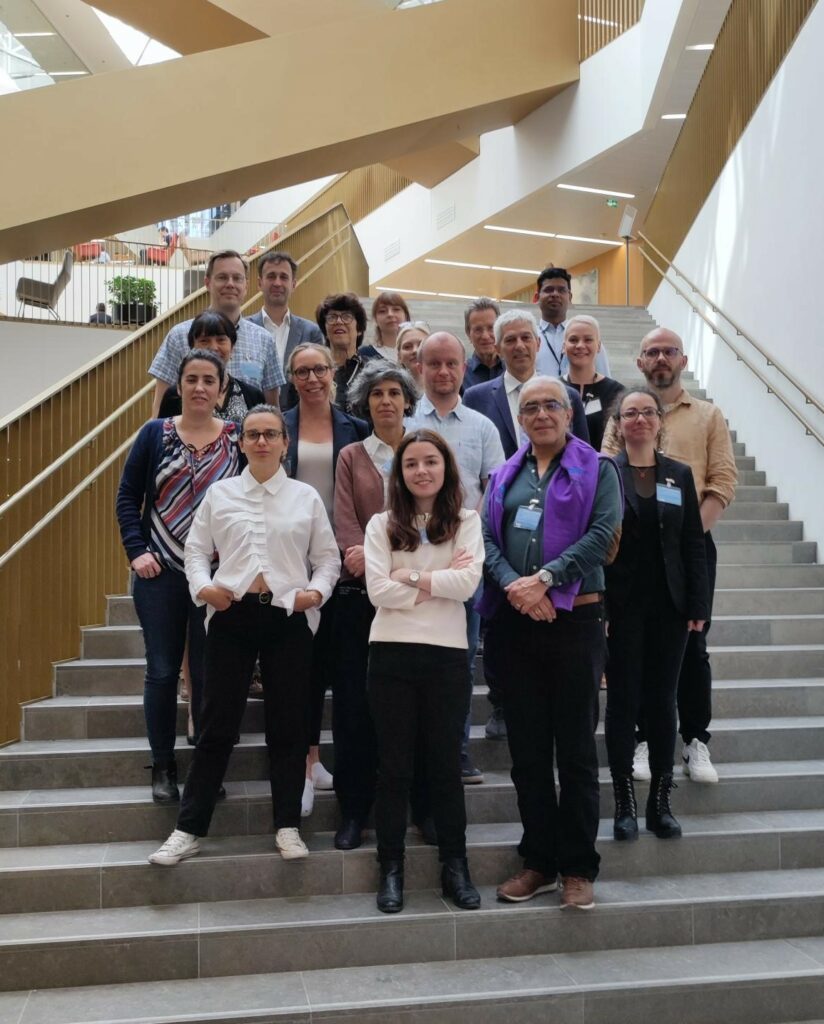
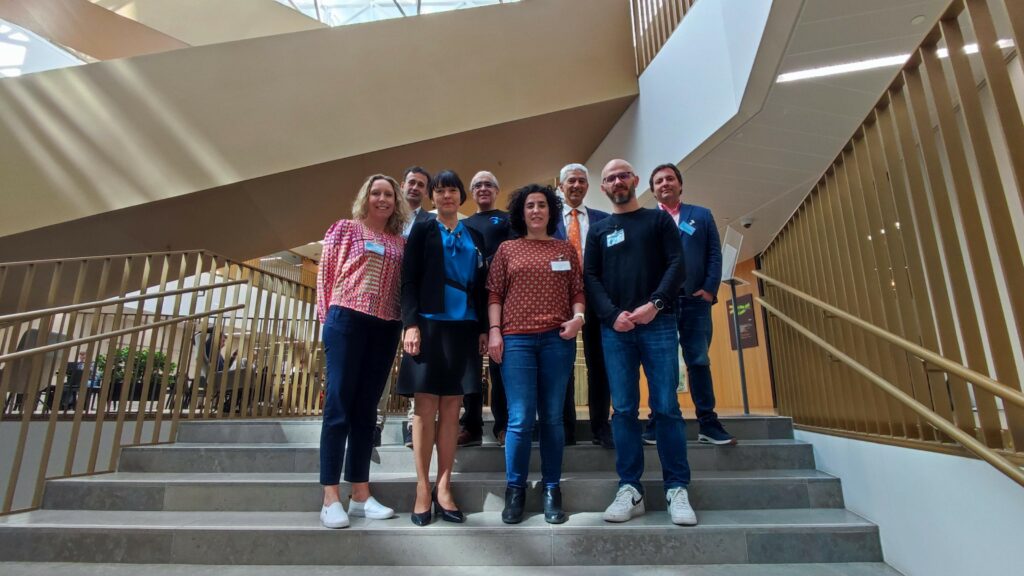
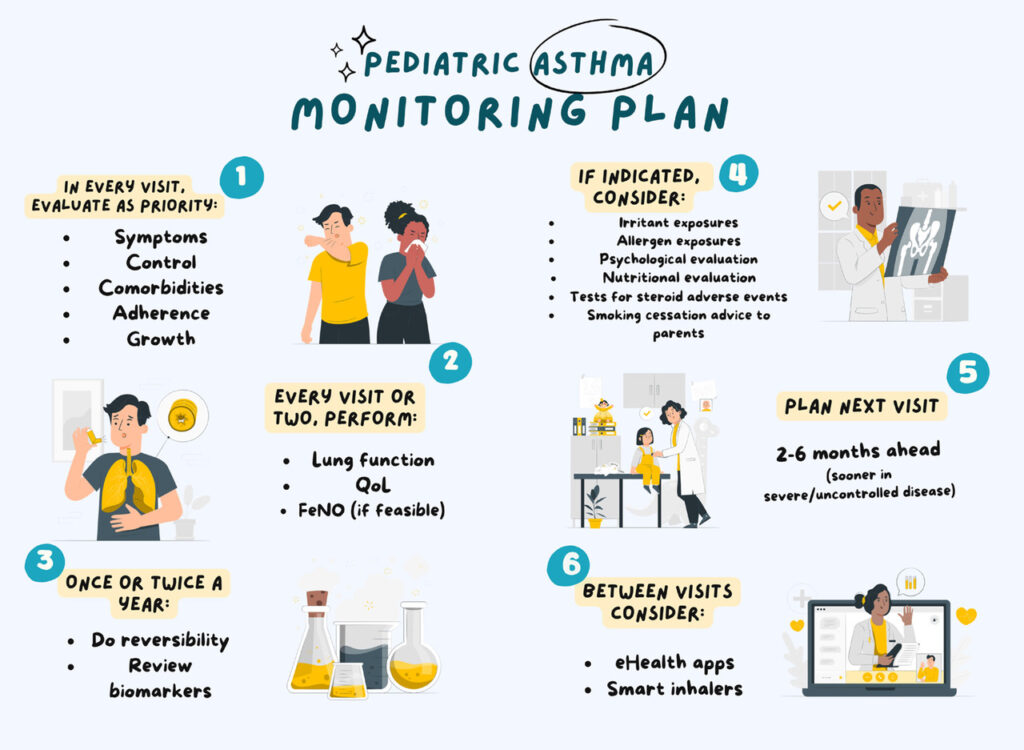
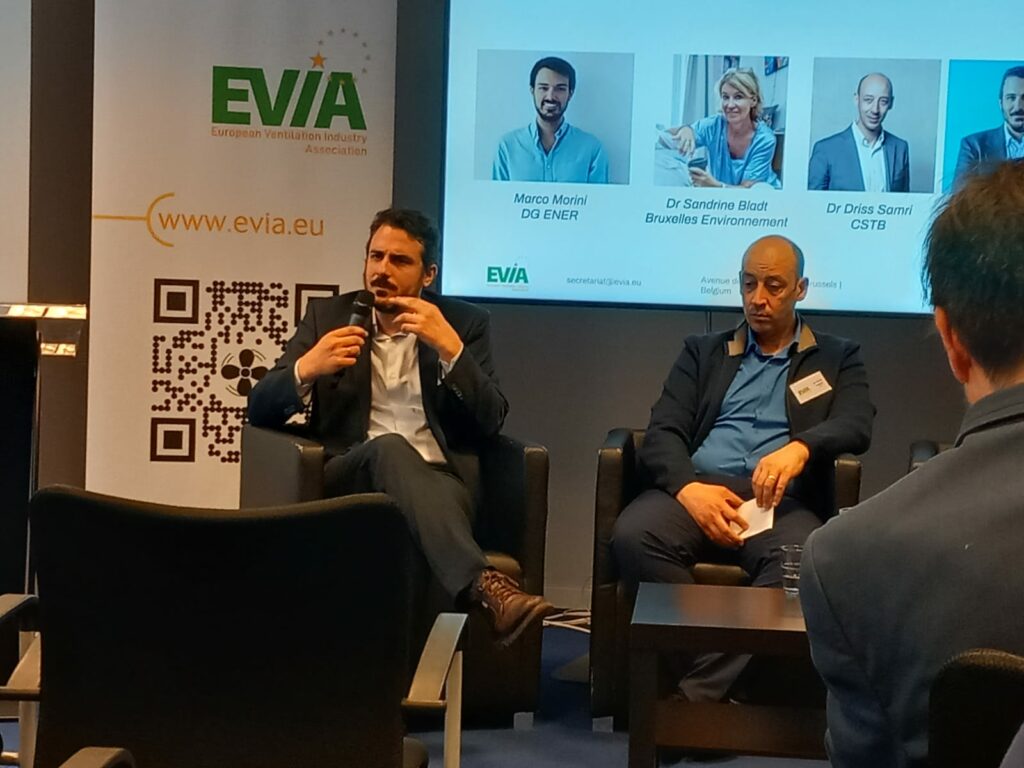
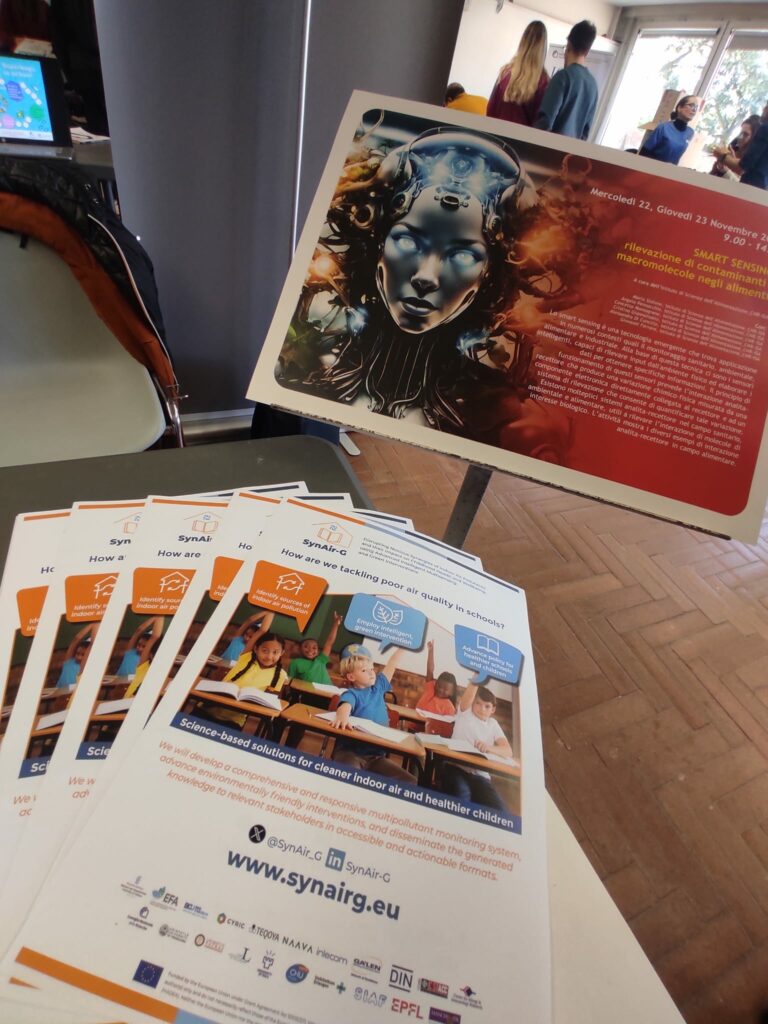
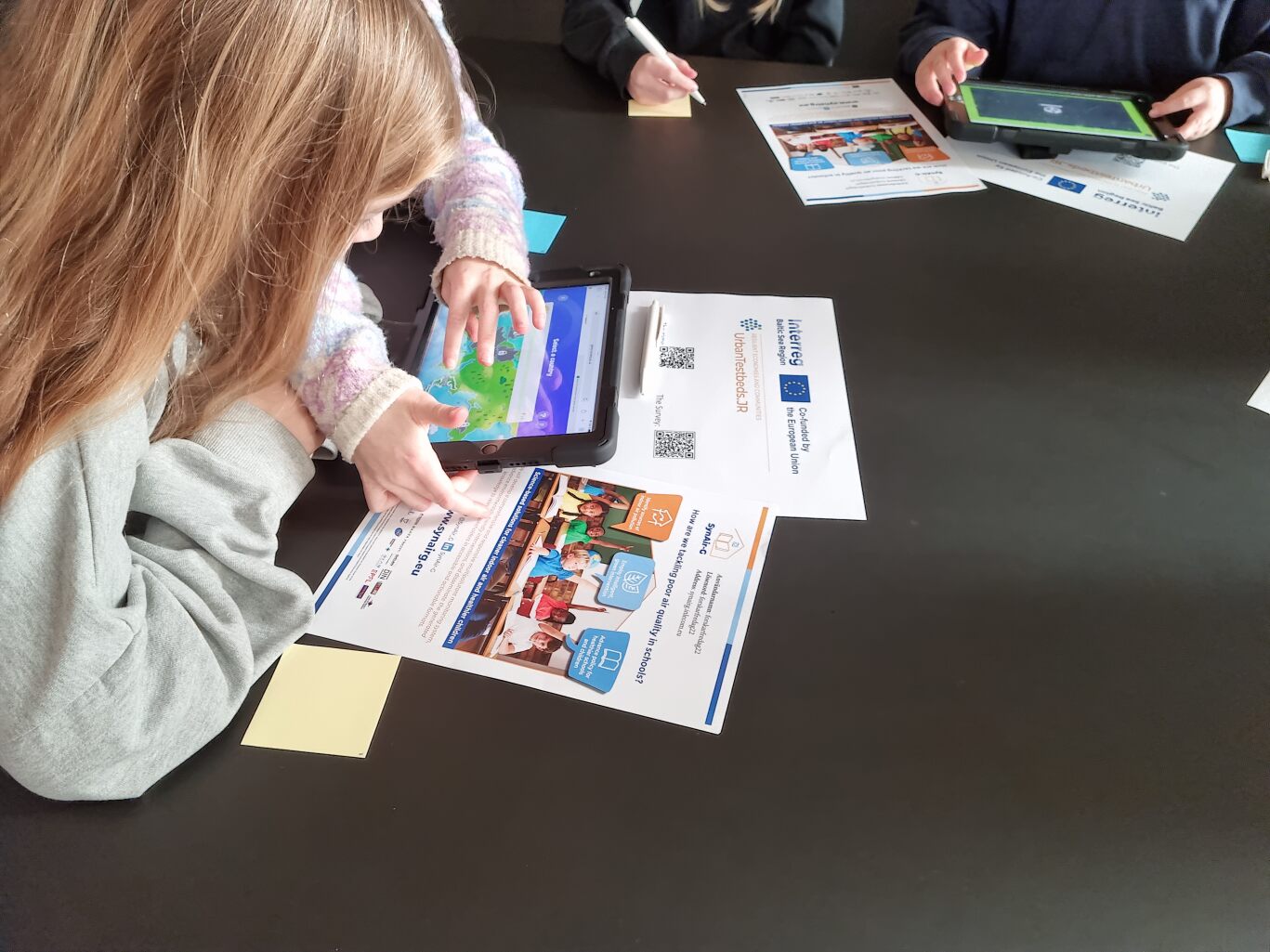
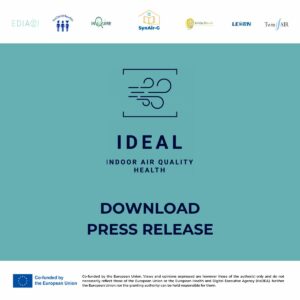
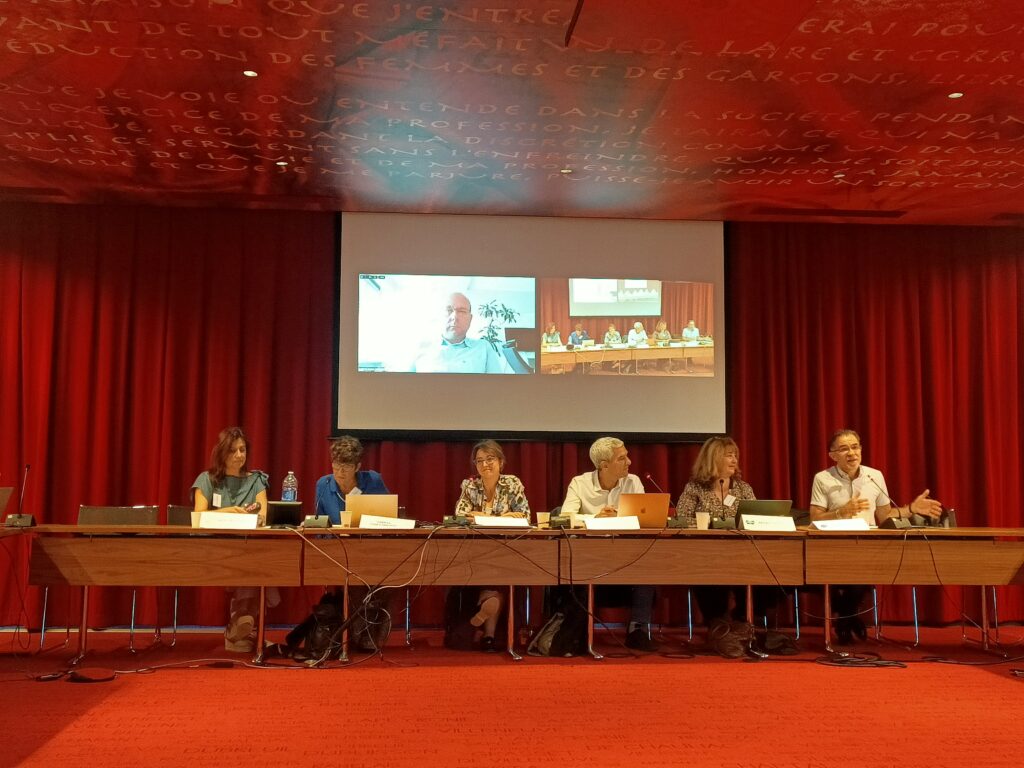
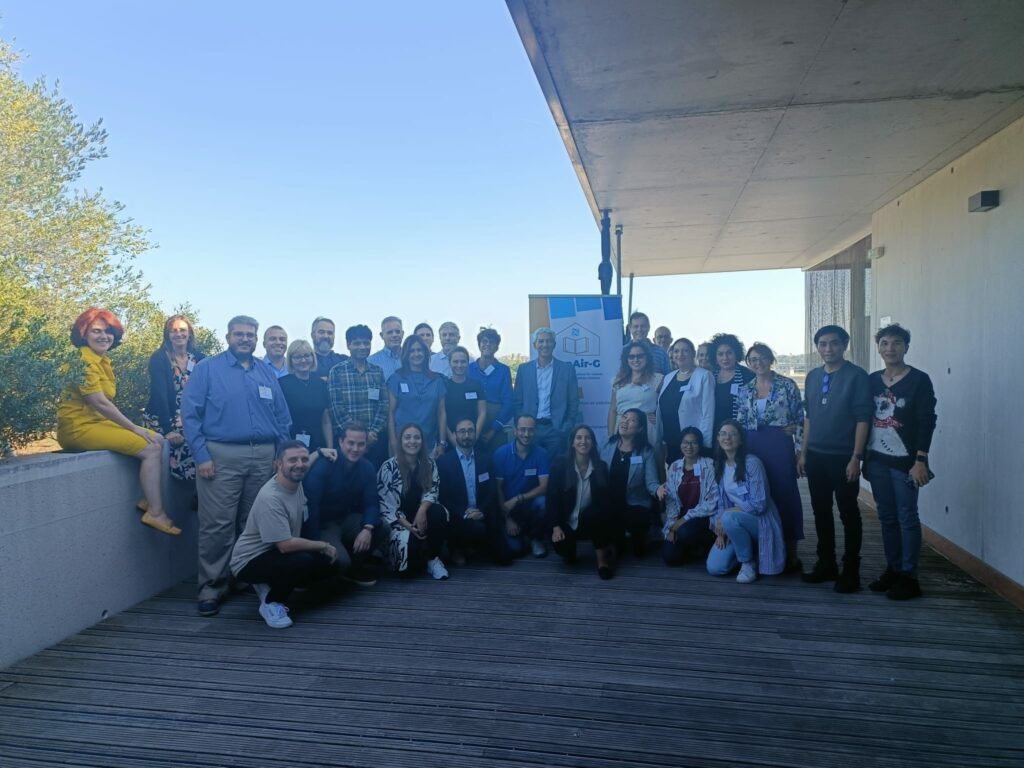 Image 1: SynAir-G Consortium group picture (Montpellier, October 10 2023)
Image 1: SynAir-G Consortium group picture (Montpellier, October 10 2023)